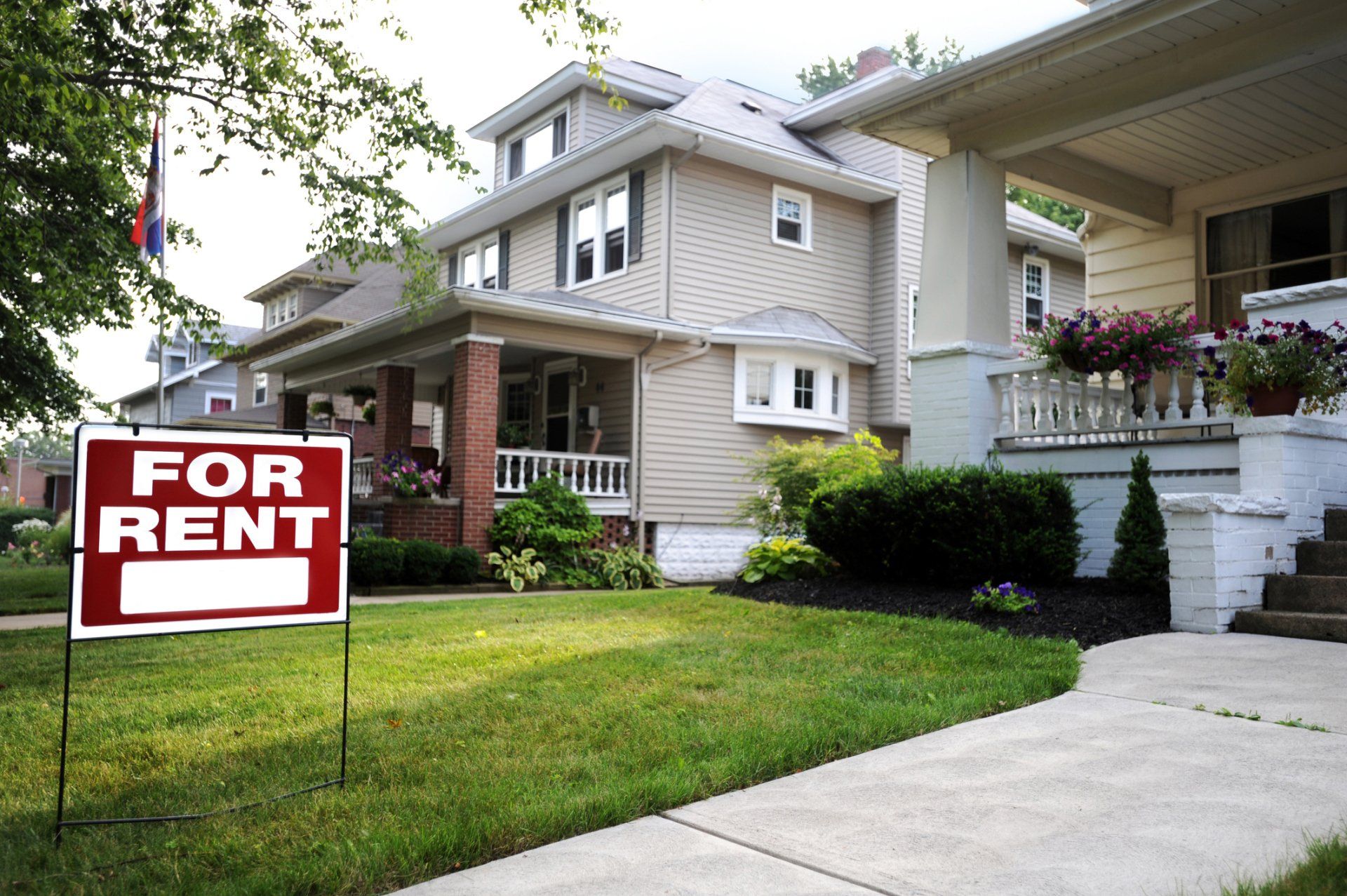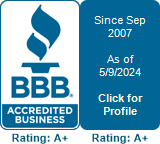Landlords, Can a Like-Kind Exchange Help Your Business Grow?
- By Admin
- •
- 20 Aug, 2019
- •

As a landlord, you hold significant real estate assets that are often valuable but not very easy to buy, sell, or adjust. But a landlord can find the mobility that they want — or need — by understanding some of the more complicated parts of tax law regarding property.
How can tax law help you make adjustments to your rental business? The key is often found in the form of like-kind exchanges. What are these? And when should you consider making use of like-kind exchanges? Here is a short guide.
How can tax law help you make adjustments to your rental business? The key is often found in the form of like-kind exchanges. What are these? And when should you consider making use of like-kind exchanges? Here is a short guide.
What Is a Like-Kind Exchange?
A like-kind exchange is, as its name implies, an exchange of one business asset for another asset of a similar kind. A landlord could, for example, sell a rental home and purchase another qualifying home within the allotted time under like-kind rules. The main purpose of such an exchange is to avoid paying tax on the profit made from selling a business asset.
There are, of course, rules as to how you may qualify for special tax treatment. Both parties generally have to identify a qualifying replacement property within about 45 days and complete their transactions within about 180 days. And related parties (certain family members as well as owners of corporations and partnerships) are subject to further restrictions. Work with an experienced accountant to meet these rules.
One reason that landlords find like-kind exchanges useful is that most real estate doesn't need to be exactly equal in use or nature in order to qualify for tax deferral. You could switch from an active business to a simple investment property or from commercial to residential while still qualifying. You can also delay the exchange by using an intermediary (similar to an escrow account).
There are, of course, rules as to how you may qualify for special tax treatment. Both parties generally have to identify a qualifying replacement property within about 45 days and complete their transactions within about 180 days. And related parties (certain family members as well as owners of corporations and partnerships) are subject to further restrictions. Work with an experienced accountant to meet these rules.
One reason that landlords find like-kind exchanges useful is that most real estate doesn't need to be exactly equal in use or nature in order to qualify for tax deferral. You could switch from an active business to a simple investment property or from commercial to residential while still qualifying. You can also delay the exchange by using an intermediary (similar to an escrow account).
When Would You Benefit From a Like-Kind Exchange?
So, when is a like-kind exchange the most useful? Consider these three most common situations.
First, if you need to defer the tax bill for a sale, this is the best way to do so. A landlord who had higher income than normal may find that their effective tax rate for that income is high enough as to eat into any profits from selling a property in the same year. While like-kind exchanges don't eliminate the tax bill on profits, they do defer that tax bite until a future date.
Second, a landlord may decide that they don't want to continue operating in a specific area. If the neighborhood is going downhill - or if it's gentrifying more than your tenant pool will support - you may want to get out of that specific investment at a good opportunity. If you wish to move your rental efforts to another city, change to another state, or switch between urban and rural housing, a like-kind exchange gives you the freedom to move your business.
Third, landlords who wish to switch from residential to commercial (or the reverse) often find that a like-kind exchange promotes this lateral move with less cost. Is it time for your business to grow from one rental home to a building with multiple units? Time to add retail or office space to your portfolio? Then why not trade in one or more of your single-family homes for something that brings in more money?
To be sure, like-kind exchanges should be managed carefully. You will usually need professional accounting assistance to choose and report the sales or purchases as well as to follow all the documentation needs for a nontaxable event. At Williams & Associates Tax Services, our tax experts are ready to help. Call today to learn more about what a like-kind exchange can do for you.
First, if you need to defer the tax bill for a sale, this is the best way to do so. A landlord who had higher income than normal may find that their effective tax rate for that income is high enough as to eat into any profits from selling a property in the same year. While like-kind exchanges don't eliminate the tax bill on profits, they do defer that tax bite until a future date.
Second, a landlord may decide that they don't want to continue operating in a specific area. If the neighborhood is going downhill - or if it's gentrifying more than your tenant pool will support - you may want to get out of that specific investment at a good opportunity. If you wish to move your rental efforts to another city, change to another state, or switch between urban and rural housing, a like-kind exchange gives you the freedom to move your business.
Third, landlords who wish to switch from residential to commercial (or the reverse) often find that a like-kind exchange promotes this lateral move with less cost. Is it time for your business to grow from one rental home to a building with multiple units? Time to add retail or office space to your portfolio? Then why not trade in one or more of your single-family homes for something that brings in more money?
To be sure, like-kind exchanges should be managed carefully. You will usually need professional accounting assistance to choose and report the sales or purchases as well as to follow all the documentation needs for a nontaxable event. At Williams & Associates Tax Services, our tax experts are ready to help. Call today to learn more about what a like-kind exchange can do for you.
One vital aspect of a business that demands careful attention is payroll management. Learn why hiring a certified accountant can improve operations.
Turning to a full-service accounting firm to outsource key CFO responsibilities might just be the solution you're looking for. Read to learn more.
Many businesses might make mistakes when filing their tax returns. Learn about a few examples of mistakes and tips on how to avoid the mistakes.
Proper accounting and bookkeeping are vital to the survival of an online business. Read this blog to learn six tips that will make these things easier.
Rather than hiding from your bookkeeping be proactive with it in order to avoid problems. Learn why proper bookkeeping matters more than you thought.
For a small- or medium-sized business owner, taxes may be frustrating. Luckily, you can lower your tax burden. Learn how in this blog.
Every business needs one or more individuals who manage and guide its finances. Learn about the details of what each accounting role does.
Running a business requires a lot of work, and much of that work involves finances. Check out these three reasons you may need forensic financial services.
Errors in bookkeeping can have a large impact on your finances. Read on to learn five common errors and how to safely avoid them in the future.











